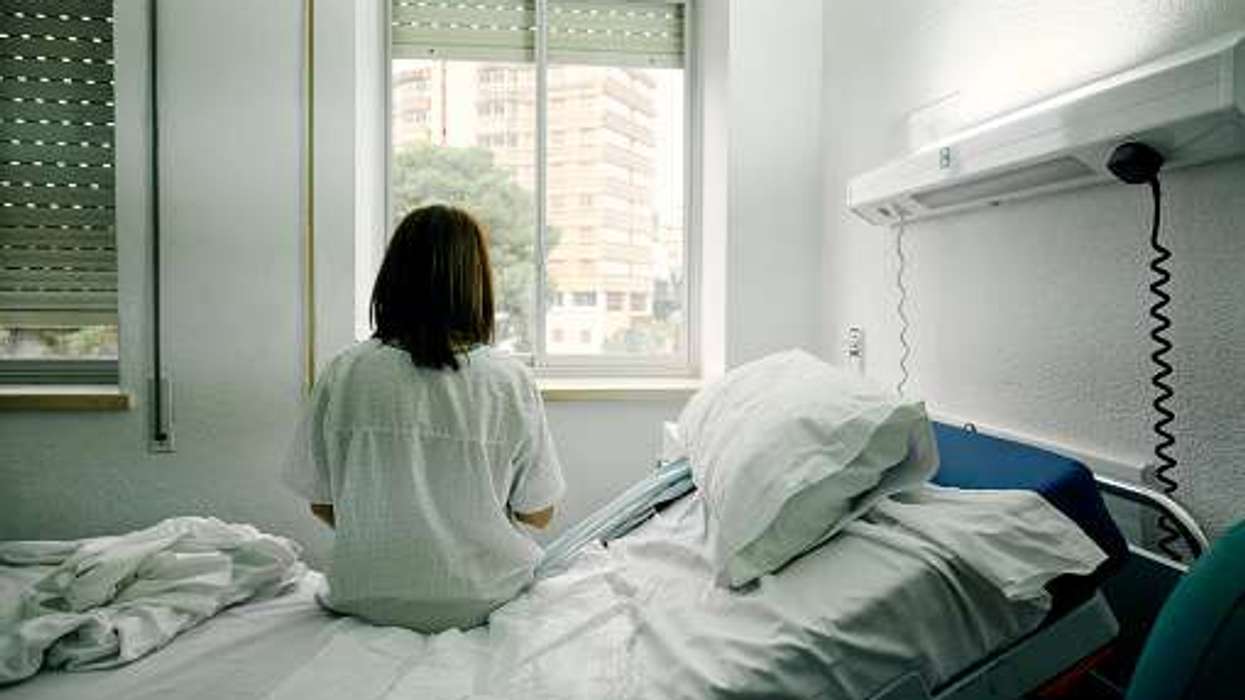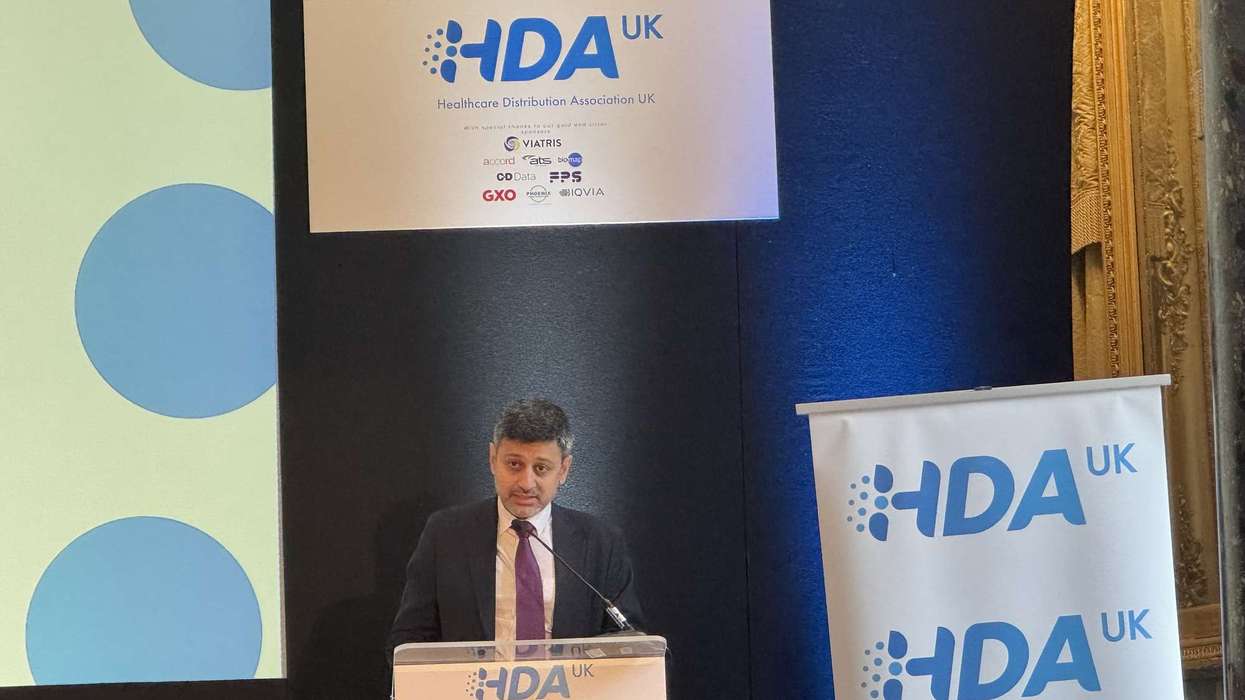Key Summary
- PAs will be identified as physician assistants, and AAs will be renamed as physician assistants in anaesthesia
- They will also not be able to treat undiagnosed patients, except within clearly defined cases
- The PAs and AAs will wear standardised clothing and badges to distinguish them from doctors
The government has accepted all the recommendations of an independent review that examined the safety of the roles of physician associates (PAs) and anaesthesia associates (AAs), as well as their support for wider healthcare teams.
The review, chaired by Professor Gillian Leng CBE, has made 18 recommendations, and they cover recruitment and training, supervision and professional regulation.
The PAs will be identified as physician assistants and AAs will be renamed as physician assistants in anaesthesia, reflecting their role as supportive members of medical teams.
They will also be unable to treat undiagnosed patients, except in clearly defined cases.
The PAs and AAs will wear standardised clothing and badges to distinguish them from doctors.
Permanent faculties will be established to provide professional leadership and set standards for physician assistants and physician assistants in anaesthesia.
They will also form part of a clear team structure, led by a senior clinician, where everyone is aware of their roles, responsibilities, and accountability.
Doctors will receive training in line management and leadership, ensuring they can properly fulfil their supervisory roles.
Professor Gillian Leng said, "My review provides the opportunity of a reset, but this must be the start of the conversation, not the end."
Health secretary Wes Streeting said, "Physician assistants, as they will now be known, will continue to play an important role in the NHS. They should assist doctors, but they should never be used to replace doctors."
Patients should always know who they are being treated by and should always receive appropriate care, he added.
PAs and AAs were introduced into the NHS in the early 2000s to ease doctors' workload.
As their numbers grew, concerns were raised about the safety of the roles, the lack of clarity around their responsibilities, and the impact they had on junior medics' work and training.
The review was launched in November 2024, and Professor Leng spoke to doctors, patients, staff groups, employers within the NHS, professional bodies, and academics.
She also met families of patients who died after being treated by PAs, believing them to be qualified doctors.
United Medical Associate Professionals (UMAPs), which represents PAs and AAs, welcomed the findings, but felt limiting their roles to treating only those patients who have already had a diagnosis would increase the backlog of appointments.












